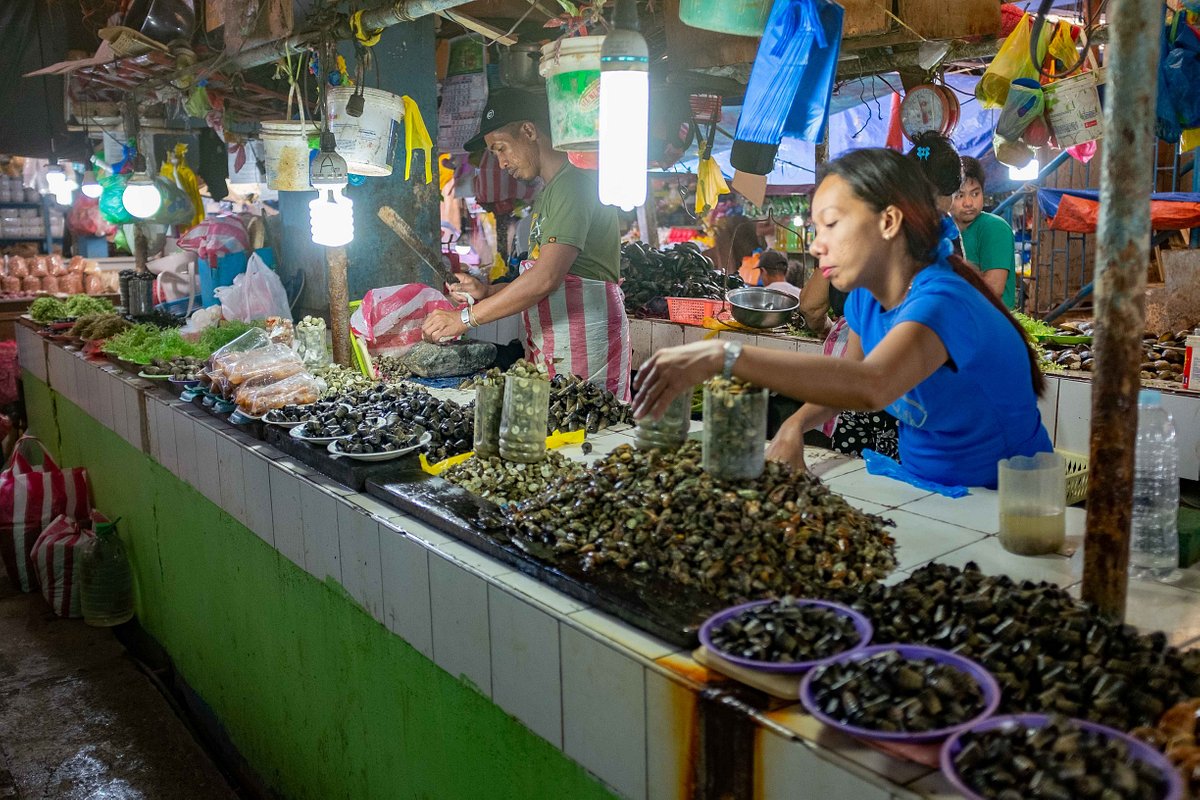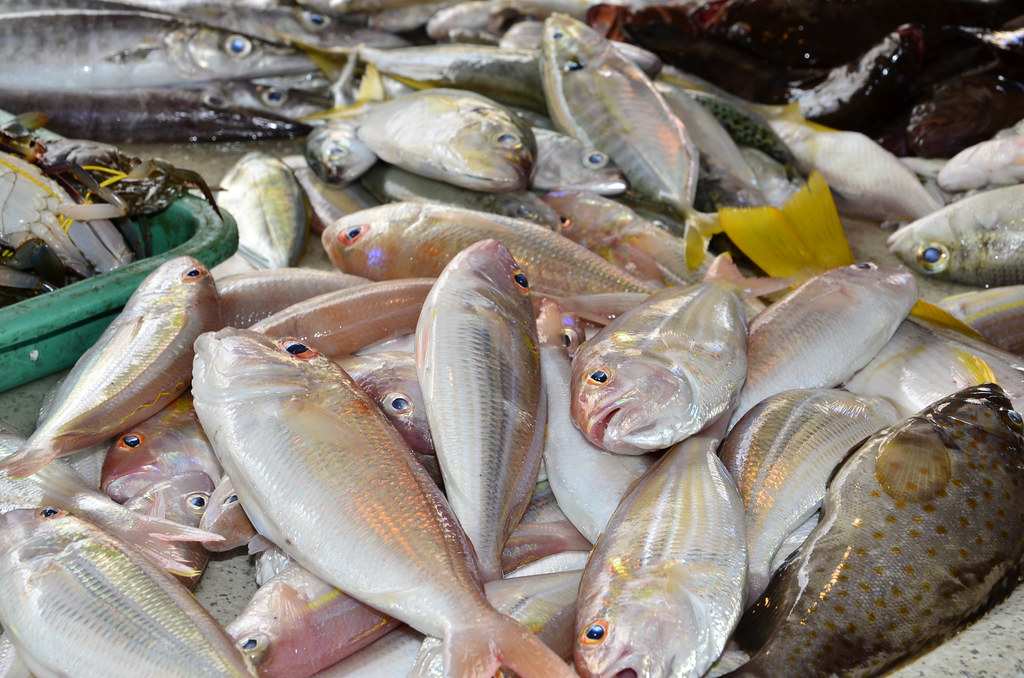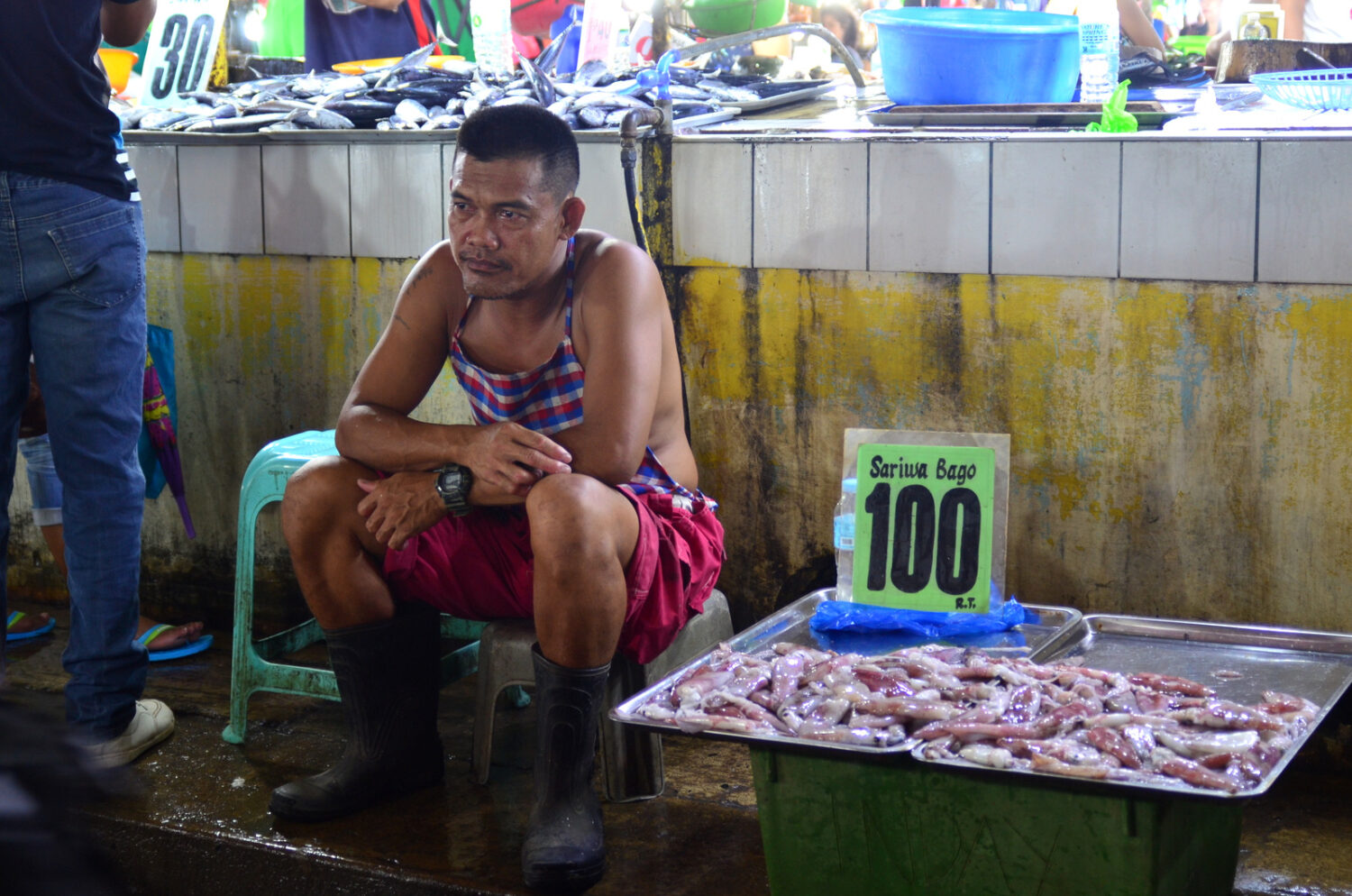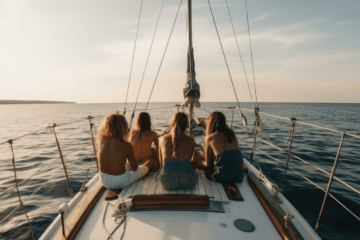Palawan, with its rich marine biodiversity and vibrant coastal communities, is a haven for seafood enthusiasts. However, as global concerns about overfishing and environmental impact rise, it becomes crucial to adopt sustainable seafood practices that balance the culinary delights of the sea with the preservation of its delicate ecosystems. Sustainable fishing practices focus on maintaining the health and resilience of ocean ecosystems while supporting the livelihoods of local communities. As mans demand for seafood increases, new environmentally friendly and sustainable fishing practices need to be initiated in order to save our oceans fish stocks .

Table of Contents
Know Your Source:
When dining in Palawan, inquire about the source of the fish that you are consuming. Opt for establishments that transparently share information about where their seafood comes from. Local markets and vendors may offer insight into whether the catch is sourced sustainably and adheres to responsible fishing practices.
Choose Local and Seasonal:
Embrace the flavors of Palawan by choosing local and seasonal seafood options. This not only ensures freshness but also supports local fishermen who rely on sustainable practices passed down through generations. Local catches are more likely to align with natural reproduction cycles, reducing the impact on marine populations.

Avoid Overexploited Species:
Educate yourself about the seafood species that are overexploited or at risk. Certain fish populations may be vulnerable due to high demand or destructive fishing methods. Avoiding species such as shark, tuna, and certain types of grouper can contribute to the conservation of these marine resources.
Support Sustainable Aquaculture:
Aquaculture, when practiced sustainably, can be an environmentally friendly way to meet the demand for seafood. Look for responsibly farmed options that prioritize the well-being of both the farmed species and the surrounding ecosystem. Sustainable aquaculture practices include minimizing environmental impact and avoiding the use of harmful chemicals.
Say No to Destructive Practices:
Certain fishing methods, such as blast fishing and cyanide fishing, can cause irreparable damage to coral reefs and marine habitats. Choose seafood that has been caught using environmentally friendly methods, such as pole and line fishing or handline fishing, which have lower ecological impacts.
Be Mindful of Seafood Waste:
Reducing seafood waste is an essential aspect of sustainability. Order only what you can consume, and inquire about the restaurant’s waste management practices. Responsible disposal of shells and other seafood remnants contributes to maintaining the health of local ecosystems.
Engage with Local Fishermen:
Take the opportunity to engage with local fishermen and communities. Understanding their challenges and practices provides insights into the complexities of sustainable seafood management. Supporting initiatives that empower local fishermen and promote sustainable practices helps contribute to the long-term health of Palawan’s seas.

Promote Sustainable Tourism:
As a responsible traveler, encourage sustainable tourism practices that prioritize the protection of marine environments. Choose tour operators and accommodations that adhere to eco-friendly principles, minimizing their impact on coastal ecosystems.
Educate Others:
Spread awareness about sustainable seafood practices among fellow travelers, locals, and businesses. Encourage a collective effort to preserve Palawan’s marine ecosystems for future generations. By fostering a community that values responsible seafood consumption, you contribute to the broader conservation efforts in the region.
Palawan’s seas are a source of culinary delights and natural wonders. By embracing sustainable seafood practices, you become a steward of the oceans, ensuring that the vibrant marine life and coastal ecosystems of Palawan continue to thrive. Make informed choices, support local initiatives, and savor the bounties of the sea responsibly, leaving a positive impact on the environment and the communities that call Palawan home.


